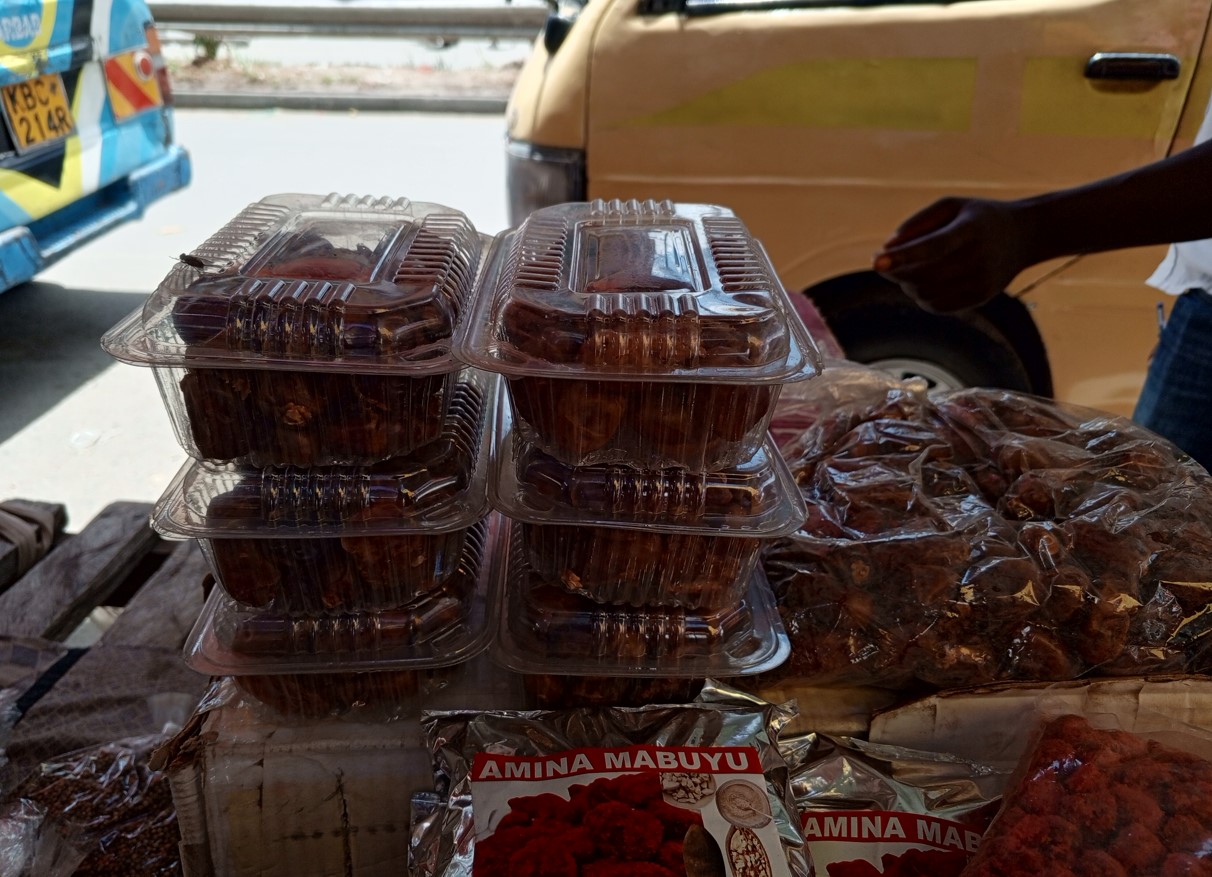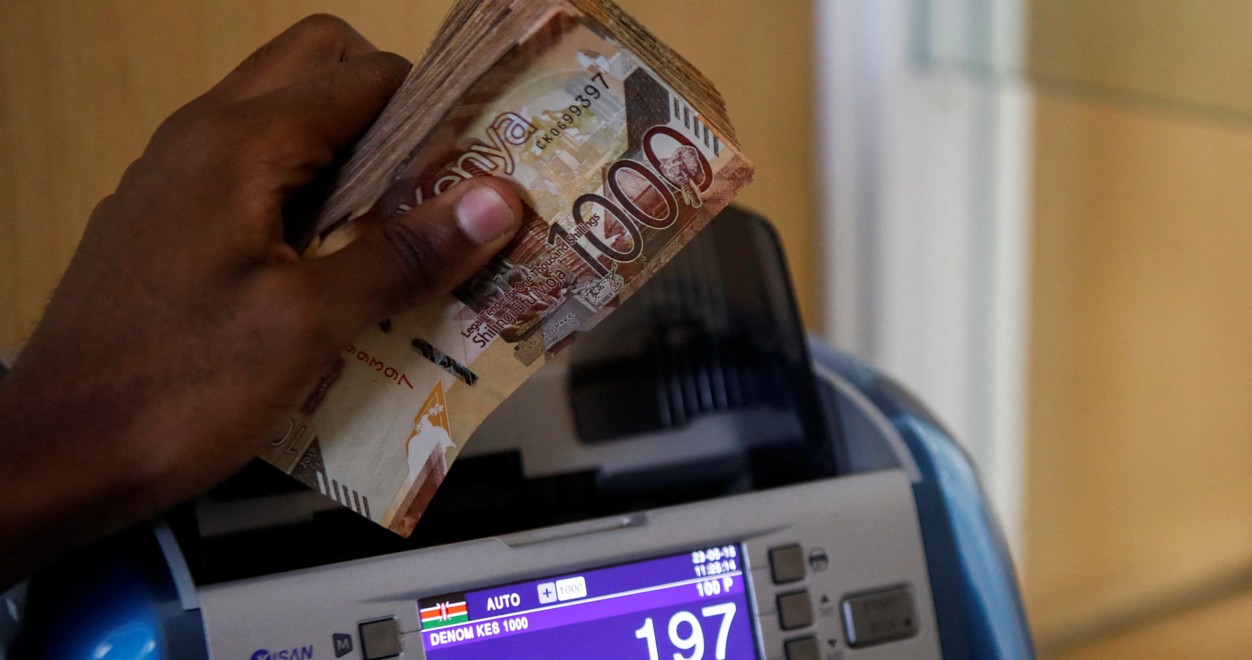Ramadan 2024: Worry as date prices remain high despite tax exemption

Members of the public in parts of Kenya have complained about an increase in the prices of dates, a fruit significant for Muslims as they observe the holy month of Ramadan, despite a tax waiver by the government.
The state announced in January that Muslims would be exempted from paying taxes on dates imported for Ramadhan, the goal being "to provide support to the Muslim community".
More To Read
Treasury Cabinet Secretary Njuguna Nd'ung'u said dates imported and cleared between March 1 and April 20, 2024, would be considered for the exemption.
As such, the expectation was that the prices would drop but other factors, such as increased demand, have come into play.
In Eastleigh, Nairobi, vendor Amina Abdi said on Monday that the cost of a kilogramme of the fruit had risen to Sh500, up from Sh300 last year, with half the amount trading at between Sh250 and Sh300, compared to Sh150-Sh200 last year.
"Many people are expressing frustration over the high cost of dates, with the majority opting to buy smaller quantities this year," she said.
Abdi Khalif, a resident of Eastleigh, said, "Dates are very important to us but the current prices are very high and unsustainable, especially for large families like mine."
In Garissa town, resident Sheikh Abdisalam, administrator of the Garissa Young Muslim Association, said a 10kg box of dates cost Sh2,800, a price he described as "too high for the less fortunate".
"It seems the import duty exemption has not translated to a reduction in prices for consumers," he said.
Amina Osman, a retail shop owner, who sold the dates in small quantities, quoted a similar price for a 10kg box, noting the cost last year was Sh1,700. She hoped for a price drop as Ramadan progressed.
Wholesale traders who spoke to The Eastleigh Voice said they bought that quantity of dates in Nairobi at Sh2,500 when the dollar rate was high.
"Blame the exchange rate that dropped, not us," said Hassan Abdi of Halgan stores.
Garissa County Commissioner Mohamed Mwabudzo said the prices were expected to be lower due to the tax exemption and promised to investigate the high prices.
The Supreme Council of Kenya Muslim requested the tax exemption on dates through Secretary-General Abdullahi Salat and as a result, CS Ndung'u announced that the government would cover taxes due on dates imported during Ramadan.
"To support the Muslim Community, the government has authorised the tax-free importation of dates during this year's Ramadan period, including exemption from import declaration fees and railway development levy," he said.
The Kenya Revenue Authority (KRA) acknowledged the waiver but Lucy Ng'ang'a, the acting deputy commissioner of policy and international affairs, noted that any imports beyond this period would be subjected to full duties, taxes, fees, and levies.
Following the announcement, Defence Cabinet Secretary Aden Duale commended President Ruto for his "unwavering support" for the Muslim community in Kenya.
"This continued gesture of kindness affirms our belief in a unified nation of diverse religious practices as enshrined in the Constitution," Duale said in a statement.
Muslims, who are abstaining from food and drink until April 10, need dates to break the fast. The tradition of eating dates during Ramadan dates back to Prophet Muhammad who would break his fast by eating three of them and drinking water.
Besides their spiritual significance, dates provide a quick energy boost and replenish nutrients lost during the day. Rich in natural sugars, fibre, and essential vitamins, they are an excellent source of sustenance after a long day of fasting.
In addition, dates have been known to have health benefits such as improving digestion, reducing blood pressure, and supporting heart health, which makes them an ideal choice for breaking the fast, as they are easy to digest.
In Islam, dates are considered a blessed fruit, and eating them during Ramadan is believed to bring blessings and rewards as it connects the people with their faith and the prophetic tradition, while nourishing their bodies during the holy month.
Top Stories Today



















































